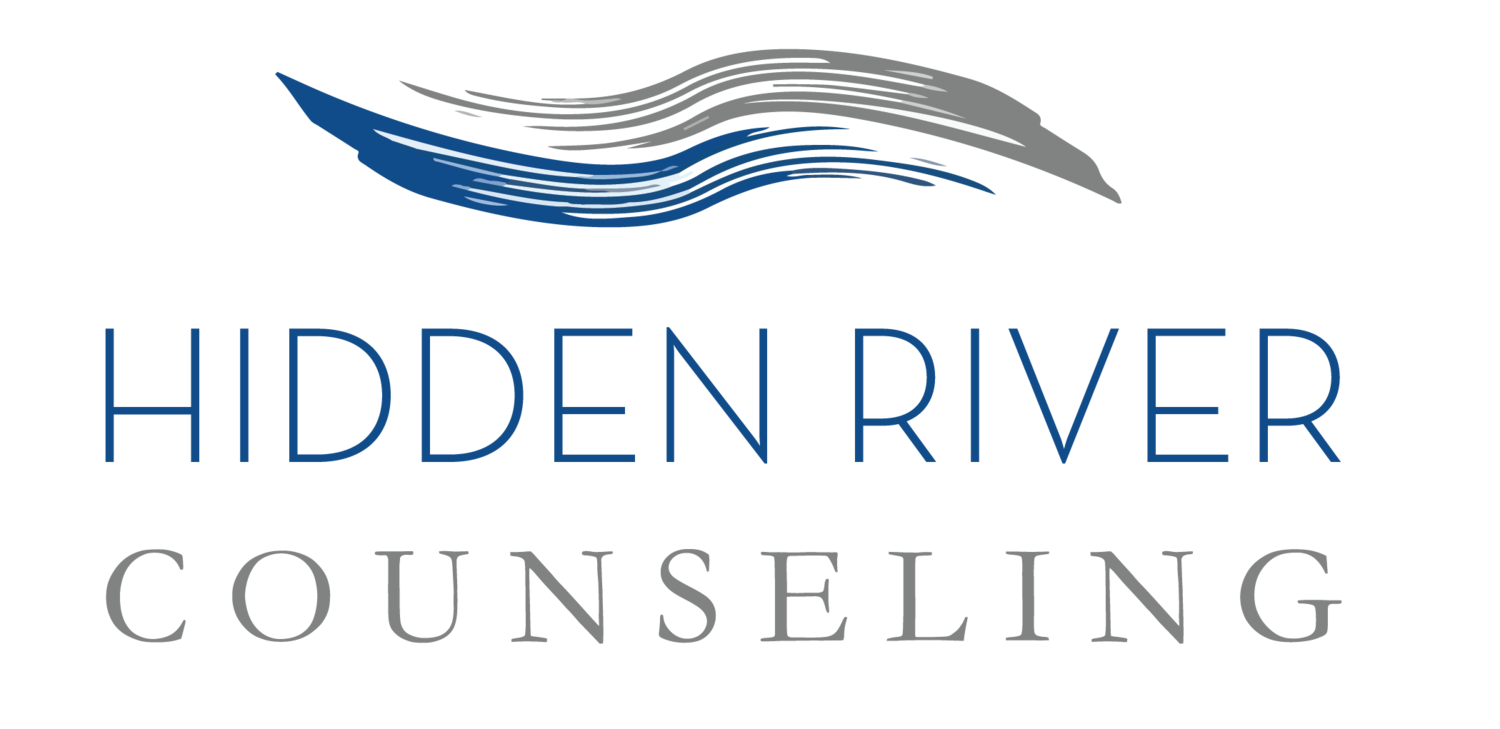How to Know if I Need Trauma Therapy?
/Trauma is about not being able to tolerate feeling what you feel and knowing what you know.
– Dr. Bessel van der Kolk
Trauma is a word that gets thrown around a lot today. Some experiences – like an assault or a partner shocked and betrayed by an affair – are obvious examples, but at times we’re left wondering whether or not something “counts” as trauma. In this post, we’ll explore what it is, what it can look like in your life, and what you can do about it.
What is Trauma?
First, some context to frame the conversation. You’ll often hear this topic talked about in terms of “Big T” and “Little t” trauma. “Big T” trauma refers to categories of events that we might typically think of as traumatic: war, serious bodily injury or medical issues, the sudden or tragic loss of a loved one, physical, sexual, emotional, and spiritual abuse, experiencing or witnessing other types of violence, or enduring a natural disaster. These types of events dramatically disrupt a person’s life not just in the short term, but often with long-lasting effects.
“Little t” trauma tends to refer to less severe, but still significantly disruptive events in one’s life such as infidelity, divorce, financial insecurity, job loss, or legal troubles. These “smaller” traumas are often overlooked or minimized, even though they can be just as damaging. While these distinctions can be helpful, the simple truth is if something felt traumatic to you, then it’s trauma.
Too often we end up comparing our stories to other people’s and concluding that we shouldn’t complain because we don’t have it as bad as them. The problem is that our unexamined, unresolved traumas are still showing up in our lives.
In the end, trauma is about impact, not whether the precipitating event falls into a particular category. Rather than this dichotomous view, it may be helpful to think about the broad spectrum of ways that trauma can impair your life and relationships.*
How Do I Know if I Have Trauma?
So what can the effects of trauma look like? The truth is that it impacts people in a wide variety of ways. Here are just some of the ways that trauma commonly impacts people’s lives:
Physical ailments like headaches, stomach issues, heart palpitations, etc.
Panic attacks
Changes in sleep or appetite
Fatigue
Shaking
Difficulty concentrating
Racing thoughts
Memory issues
Loss of interest in things you used to enjoy
Hypervigilance or greater startle response
Increased substance use
Mood swings
Increased anger or irritability
Guilt and shame
Sadness and depression
Feelings of hopelessness or loss of purpose
Suicidal thoughts
Helplessness
Feeling out of control
Feeling numb
Confusion or difficulty making decisions
Anxiety
Re-experiencing the trauma through flashbacks or nightmares
Avoiding things that will remind you of the trauma
Withdrawal or isolating behavior
Feeling disconnected or detached from your surroundings, thoughts, or emotions**
Trauma expert Dr. Bessel van der Kolk said, “Trauma is residue that’s living inside of you now; trauma lives inside of you in horrible sensations, panic reactions, uptightness, explosions, and impulses.”
Fight or Flight Response.
Part of the problem is that traumatic experiences activate our fight or flight response system, which involves the release of hormones and a host of physiological changes in the body. This response is perfectly natural and serves some really important functions in the midst of a traumatic experience – it keeps us safe and helps us survive. However, when we re-experience that trauma in our normal daily life through reminders or triggers, that system keeps getting activated even though the threat is no longer there. Or in the case of chronic trauma, the threat is still there. Either way, our bodies weren’t made to live in that state long-term and constant activation of our threat response system is really destructive physically, mentally, and emotionally. We also find ourselves unable to appropriately respond to new situations. When we ignore, minimize, or numb our trauma, we continue to operate out of those old scripts.
Is Trauma Therapy Right For Me?
If as you read this you can see some of these things in your own life, you might be wondering what you can do about. First, know that you are not alone. According to the National Council for Behavioral Health, 70% of American adults have experienced trauma at some point in their lives. Second, simply talking about it with a trained trauma therapist can help.
Trauma loses some of its power over you when you bring it out into the light.
Again the words of Dr. van der Kolk highlight how beneficial this can be: “As long as you don’t talk, you can’t deal with your shame… Going within and finding words to express yourself is a very important part of healing from trauma.”
Just being able to talk about what happened is a good starting point, but there are also some simple techniques used in trauma therapy that you can start using right away to lessen the impact that trauma is having on your life. Our therapists can walk you through these and other exercises to help you find some peace and relief as you begin the deeper work of dealing with and healing from your trauma. And when you’re ready, there are research-based, scientifically proven methods of trauma therapy that can help you work through your trauma, reintegrate the parts of your story that are stuck in the past, and move forward in more productive and effective ways.
One of those methods is called Eye Movement Desensitization and Reprocessing, or EMDR. While the name might sound a bit strange, it is a well-established treatment for helping people heal from the traumatic experiences in their lives. Some studies have found that trauma victims no longer meet the criteria for PTSD after just a few sessions and EMDR is now considered an effective trauma treatment by the American Psychiatric Association, the Department of Defense, and the World Health Organization (EMDR Institute, 2020). In fact, EMDR is so effective that it is also now being used to treat anxiety, panic attacks, addictions, and eating disorders, and appears to have no negative side effects. Hidden River Counseling uses a trauma-informed therapeutic approach, and we have clinicians with specialized training in EMDR.
So What’s the Bottom Line?
While everyone is different, one thing most of us have in common is that we’ve experienced trauma. And when trauma goes unattended and unhealed, it leaks out and causes distress and destruction in both our own lives and in our relationships.
The good news is that trauma recovery is possible! There is hope and relief if we’re willing to address it. And with innovative treatments like EMDR, that relief can be found in weeks, not years.
Don’t put it off any longer – heal from the traumas that you’ve carried for way too long and get back to living life on your own terms.





